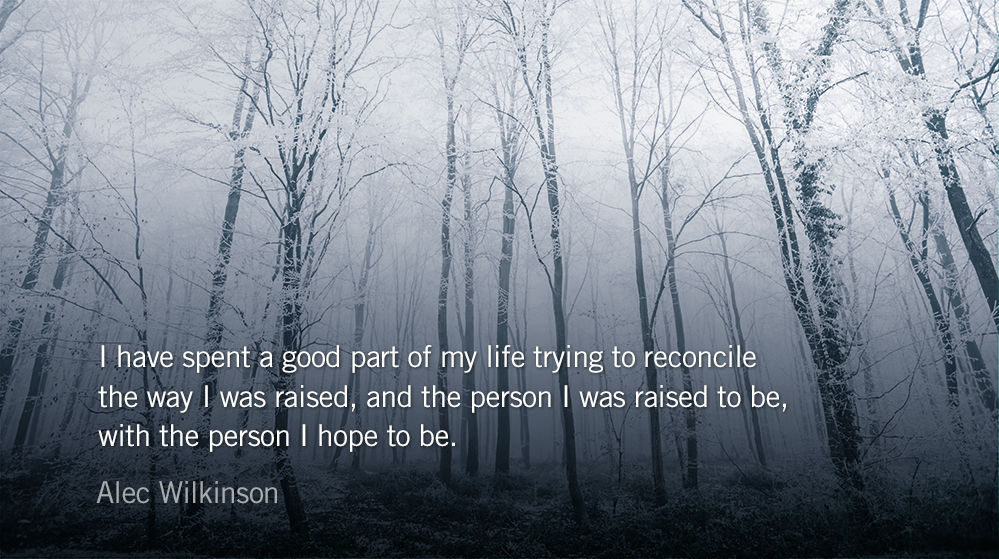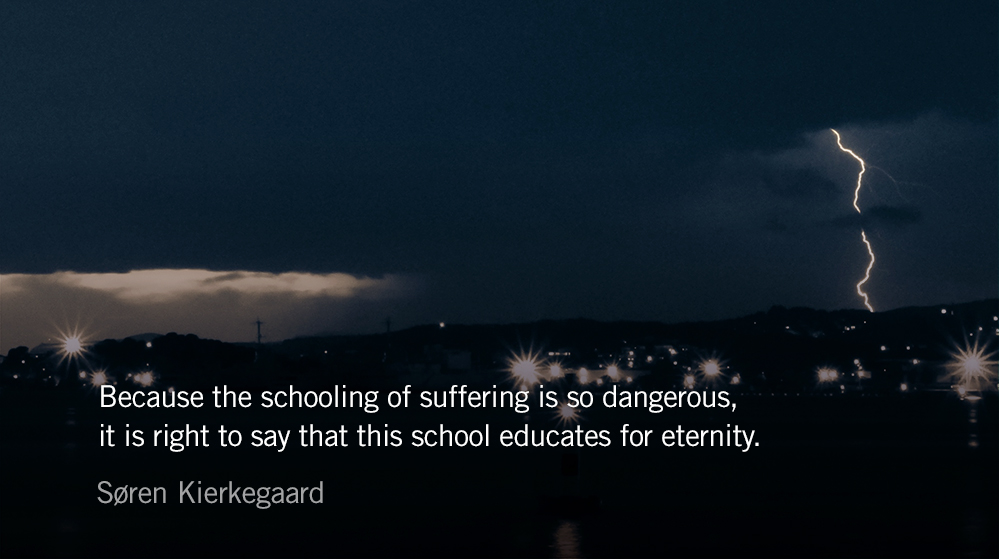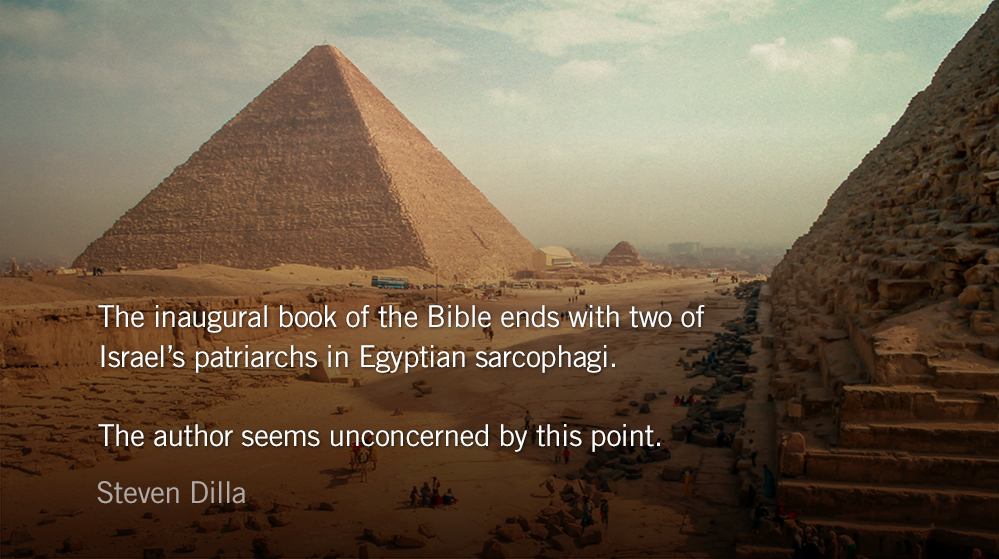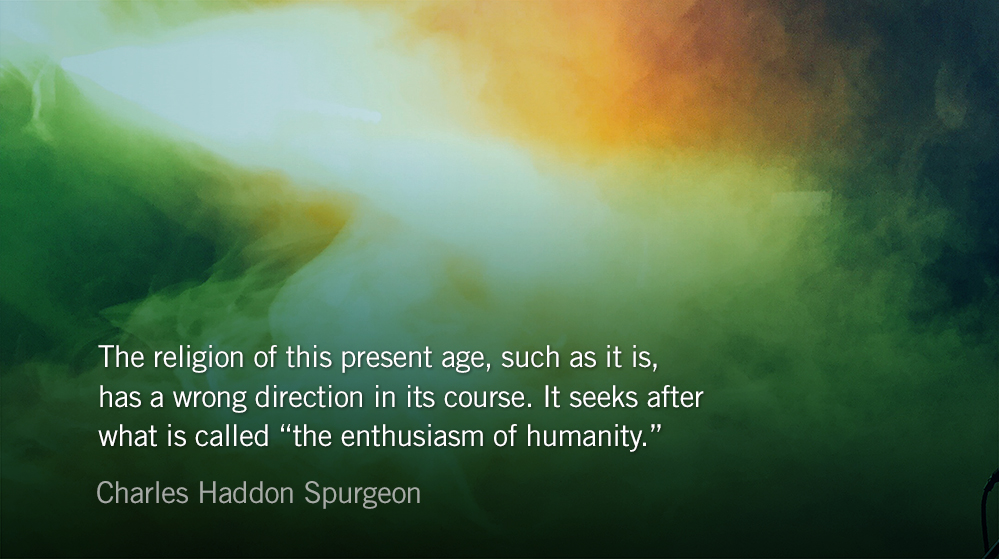The proud person always wants to do the right thing, the great thing. But because he wants to do it in his own strength, he is fighting not with man, but with God.
― Søren Kierkegaard
Scripture: Exodus 4.10
But Moses said to the Lord, “Oh, my Lord, I am not eloquent, either in the past or since you have spoken to your servant, but I am slow of speech and of tongue.”
Reflection: By Means of a Struggle
The Park Forum
In an interview conducted shortly before his death, philosopher Carl Jung expressed:
To this day God is the name by which I designate all things which cross my willful path violently and recklessly, all things which upset my subjective views, plans and intentions and change the course of my life for better or worse.
The very notion of God is disruptive. (Though Kierkegaard would have challenged Jung—the struggles we face because of faith are substantively different than those we face simply because we are human.)
Perhaps God simply disrupted Moses’ agenda. Or—and this seems to be the way the authors of Scripture would lead us—God disrupted Moses’ view of himself and his understanding of what has value in the world.
In other words, God’s confrontation with Moses did not end at the burning bush. Each step forward challenged Moses’ framework, chipped away at his pride, and opened his life to possibilities that could not have been considered when the journey began.
When the Scriptures introduce God’s Spirit they use the word pneuma—breath—not static, but dynamic, filling as well as emptying, something we lose track of regularly despite its steadfastness. The journalist Alec Wilkinson reflects:
My hope in life is eventually to be wise. Wisdom, so far as I can tell, is the capital one collects from years of endeavor and failure, of sadness and joy, from an attentive engagement with life, that is. The melancholy element of this arrangement, of course, is that each advance is exchanged for an hour or a day or a year in one’s life….
I have spent a good part of my life trying to reconcile the way I was raised, and the person I was raised to be, with the person I hope to be, which has involved facing thresholds that the psyche insists be crossed. The crossings are often forbidding, at least to me, and require faith and can only be managed by means of a struggle. I expect to run out of time before I finish.
The Call to Prayer
Be glad, you righteous, and rejoice in the Lord; shout for joy, all who are true of heart. — Psalm 32:12
– From The Divine Hours: Prayers for Springtime by Phyllis Tickle.
Full prayer available online and in print.
Today’s Reading
Exodus 4 (Listen – 4:17)
Luke 7 (Listen – 7:14)






